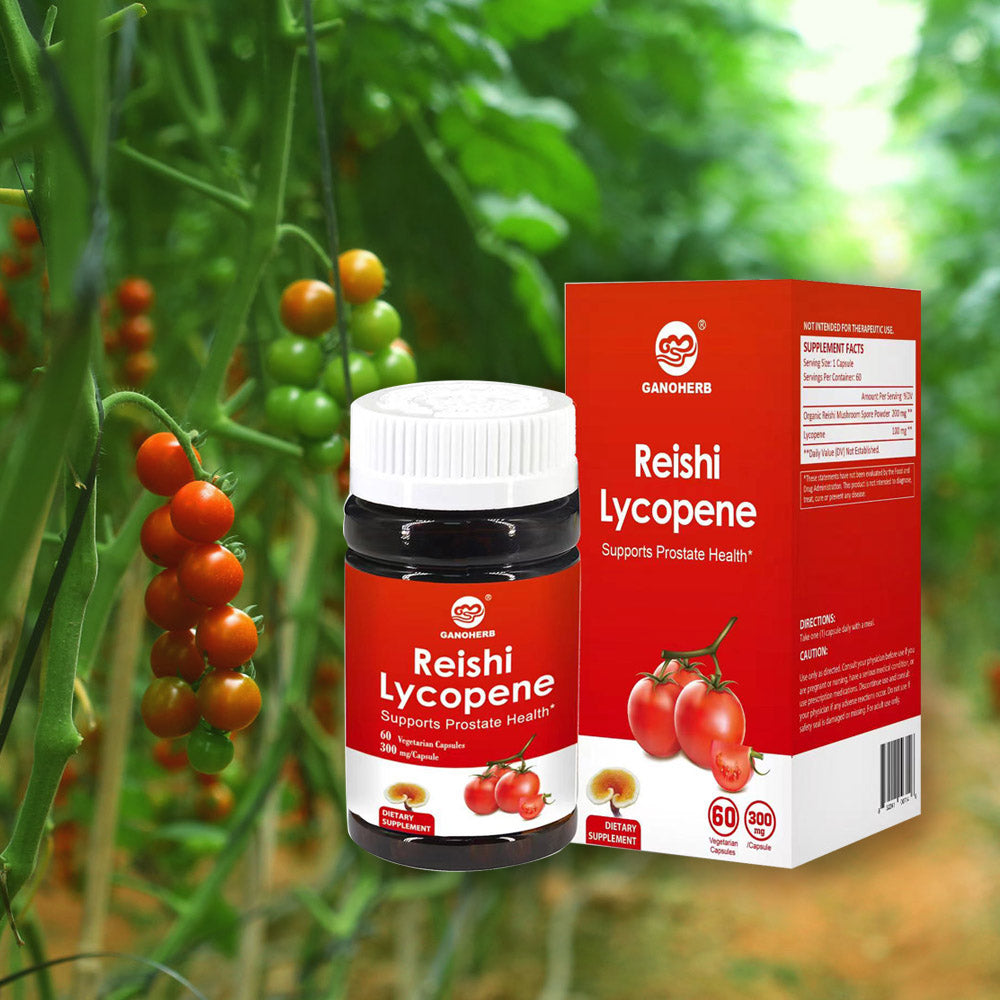Lion's Mane Coffee: 7 Key Aspects to Explore Before Your Next Cup
If you've been curious about the buzz surrounding lion's mane coffee, you're not alone. This unique beverage has captured attention in cafes and homes, blending the familiar comfort of coffee with an intriguing twist. But what exactly is it, and why are people talking about it? In this article, we'll dive into seven essential aspects of lion's mane coffee, from its background to its place in daily routines. Whether you're a coffee enthusiast or simply looking to try something new, this guide will provide a comprehensive look without overhyping the trends. Let's get started on unraveling the story behind lion's mane coffee.

The Origins and Background of Lion's Mane Coffee
Lion's mane coffee isn't a sudden invention; it has roots that trace back to traditional practices where ingredients were combined for their unique properties. The lion's mane mushroom, known for its distinctive appearance resembling a lion's mane, has been part of various cultural traditions for centuries. When integrated into coffee, it creates a blend that stands out in the world of beverages. The idea likely emerged from a desire to innovate in the coffee scene, offering a twist on the classic brew. Today, lion's mane coffee is often associated with artisanal producers who focus on quality and craftsmanship. Understanding its origins helps appreciate why lion's mane coffee has gained a foothold in modern consumption habits, reflecting a blend of history and contemporary tastes.
The Production Process of Lion's Mane Coffee
Creating lion's mane coffee involves a careful process that starts with sourcing high-quality ingredients. Typically, the lion's mane mushroom is harvested and processed into a fine powder or extract, which is then mixed with coffee beans during or after roasting. This can be done through methods like infusion, where the mushroom components are blended with ground coffee, or by adding extracts to brewed coffee. The key is to maintain a balance that preserves the coffee's rich aroma while incorporating the subtle notes from the mushroom. Some producers opt for organic and sustainable practices, ensuring that both the coffee and lion's mane elements are ethically sourced. This attention to detail in production makes lion's mane coffee a product of meticulous artistry, appealing to those who value transparency and quality in their beverages.
Flavor Profile and Sensory Experience
One of the most discussed aspects of lion's mane coffee is its flavor. Unlike regular coffee, which might have bold, bitter, or acidic notes, lion's mane coffee introduces an earthy, slightly sweet undertone. The mushroom component can soften the coffee's edge, resulting in a smoother sip that many find appealing. Depending on the blend, you might detect hints of umami or a mild, nutty finish that complements the coffee's natural characteristics. This unique flavor profile makes lion's mane coffee a versatile option for different palates—whether you enjoy it black, with a dash of cream, or as part of a crafted drink. It's not about overpowering the coffee but enhancing it in a way that offers a new sensory journey with every cup.
Cultural and Social Significance
Lion's mane coffee has carved out a niche in contemporary culture, often featured in specialty cafes and social media platforms. It represents a shift toward experiential consumption, where people seek out novel beverages as part of their lifestyle. In many urban settings, lion's mane coffee is associated with mindfulness and routine, fitting into moments of reflection or social gatherings. Its popularity has grown through word-of-mouth and influencer endorsements, making it a symbol of modern beverage trends. Beyond just a drink, lion's mane coffee can be part of rituals, like morning routines or creative breaks, highlighting how food and drink evolve with cultural shifts. This social aspect underscores why lion's mane coffee resonates with diverse audiences today.
Comparison to Other Coffee Varieties
When placed alongside other coffee types, lion's mane coffee stands out for its unique composition. Traditional black coffee, espresso, or even flavored lattes focus primarily on coffee beans, whereas lion's mane coffee incorporates an additional element that alters the texture and taste. For instance, compared to a robust dark roast, lion's mane coffee might feel lighter and more nuanced. It also differs from trendy alternatives like bulletproof coffee or matcha lattes by offering a distinct ingredient blend that doesn't rely on dairy or sweeteners. This comparison isn't about superiority but about variety—lion's mane coffee provides an option for those looking to explore beyond conventional choices, adding diversity to the coffee landscape.
Consumer Trends and Market Availability
The rise of lion's mane coffee mirrors broader consumer interests in unique and functional beverages. It's increasingly available in online stores, local roasteries, and even supermarkets, making it accessible to a wider audience. Trends show that people are drawn to lion's mane coffee for its novelty and the story behind it, often prioritizing brands that emphasize authenticity and ingredient sourcing. Market analysis indicates that lion's mane coffee appeals to millennials and Gen Z, who value transparency and experimentation in their purchases. As demand grows, we see more variations, such as instant lion's mane coffee packets or blends with other botanicals, showcasing how this beverage adapts to changing preferences and lifestyles.

Practical Tips for Enjoying Lion's Mane Coffee
To fully appreciate lion's mane coffee, consider how you incorporate it into your routine. Start by choosing a reputable brand that clearly lists its ingredients—this ensures you're getting a quality product. Brewing methods can vary; for example, you might use a French press to highlight the earthy notes or an espresso machine for a stronger base. Experiment with additions like a sprinkle of cinnamon or a touch of honey to enhance the flavor without masking the unique qualities of lion's mane coffee. Storage is also key—keep it in a cool, dry place to maintain freshness. By paying attention to these details, you can make lion's mane coffee a enjoyable part of your day, tailored to your personal taste preferences.
In summary, lion's mane coffee offers a fascinating blend of tradition and innovation, with aspects ranging from its production to its cultural impact. It's a beverage that invites curiosity and exploration, providing a fresh perspective on what coffee can be. As you consider trying lion's mane coffee, remember that it's about the experience as much as the taste—a chance to slow down and savor something distinctive. We hope this guide has given you a well-rounded view to inform your journey into the world of lion's mane coffee.
Frequently Asked Questions
Q1: What is lion's mane coffee made from?
A1: Lion's mane coffee typically consists of coffee beans combined with lion's mane mushroom extract or powder, creating a blended beverage that highlights both ingredients.
Q2: How does the taste of lion's mane coffee differ from regular coffee?
A2: Lion's mane coffee often has a smoother, earthier flavor with subtle sweet or nutty notes compared to the more robust and sometimes bitter profile of traditional coffee.
Q3: Where can I buy lion's mane coffee?
A3: You can find lion's mane coffee in specialty coffee shops, online retailers, and some health food stores, with options ranging from ground blends to instant versions.
Q4: Can I make lion's mane coffee at home?
A4: Yes, you can prepare lion's mane coffee at home by adding lion's mane mushroom powder or extract to your regular coffee during brewing, or by purchasing pre-blended products.
Q5: Is lion's mane coffee suitable for people with dietary restrictions?
A5: Lion's mane coffee is often vegan and gluten-free, but it's important to check specific product labels for allergens or additives to ensure it meets your dietary needs.











